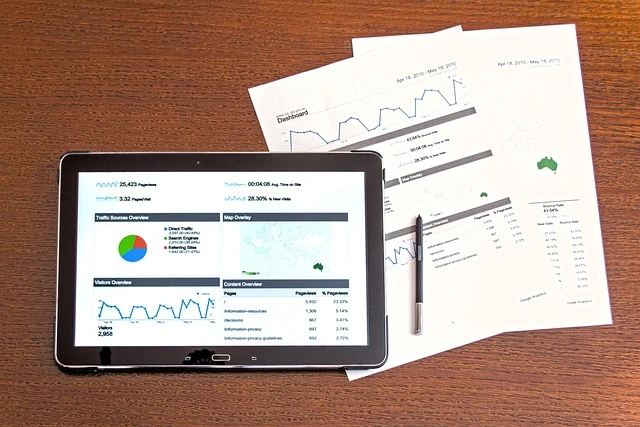Maximizing Tax Efficiency for Data-Driven Businesses: Software Development Costs and Data Management Deductions
Innovation has become one of the main driving factors in the world of data analytics and Business Intelligence (BI). But when tax time comes, the focus shifts from innovation to confusion. This article aims to cover the most important tax issues for your data analytics or BI company with a focus on the deductions for software development costs and data management.
Taxable Income:
Business Structure:
The tax treatment of income and expenses also depends on the business formation you have chosen (sole proprietorship, LLC, or a corporation).
Revenue Streams:
Taxable income includes profits from providing data analytics services, selling software licenses, charging consulting fees, and providing clientele with subscription services.
Optimizing Taxes with Software Development Costs
The Heart of Innovation:
Companies that are involved in data analytics and business intelligence use proprietary software for all analytical activities. The expenses relating to the development of this software can be accounted advantageously in terms of tax payment.
Understanding Capitalization vs. Expensing:
The IRS considers various factors that differentiate the capitalized from the expensed software development costs.
- Capitalized Costs: Expenses charged against the cost of developing software products with useful lives over one year have to be capitalized. They are depreciated over the useful lives of the software assets.
- Expensed Costs: Deductions for the costs of making minor changes, or the maintenance of current software, can also be deducted from taxable income in the year the costs were made.
Research & Development (R&D) Tax Credit:
Engaging in research and development efforts to develop new data analytics or BI software may meet the definition of research and development for purposes of qualifying for the federal R&D tax credit. You can use this credit to significantly reduce the amount of federal income tax you must pay. Check with your tax adviser to see if you qualify.
Data Management Deductions to Maximize Savings:
The Fuel of Insights:
Data hosting is one of the most important aspects of the industry of data analytics and business intelligence. Expenses incurred for data storage and security can be classed as business expenses.
Qualifying Expenses:
Some possible expenses that may qualify as data management expenses for deduction include:
- Cloud storage cost for data warehousing and analytics systems.
- Data encryption software and security services to keep clients confidential.
- Expenses related to data cleansing & preparation for analysis.
- Record-Keeping is Key: The details of expenses relating to the management of your data (invoices, receipts) are required to back up deductions claims during taxation.
Additional Considerations:
Employee Stock Ownership Plans (ESOPs):
There are several tax benefits that can be associated with the use of an ESOP in your company. Seek the advice of a tax professional and find out if the ESOP is the right option for your company.
Travel Expenses:
Travel expenses associated with client meetings conferences or events organized in a particular industry may be acceptable as business expenses depending on the IRS guidelines.
Consulting a Tax Professional:
Tax regulations are often nuanced and the data analytics and BI sector continues to change. It would be helpful to consult with tax experts who have extensive knowledge of the industry. They can provide you with the best recommendations on how to minimize your costs on software development, data management, and taxation charges. Therefore, consider utilizing marketplaces like IfindTaxPro, you can post your project and find the right tax specialist for you.
Strategic tax planning for data analytics and business intelligence companies includes controlling software development expenditures and data management expenses. Consequently, it is possible to optimize business expenses and tax burden by categorizing expenses, claiming R&D tax credits, and implementing strategic tax planning for data-driven organizations.








